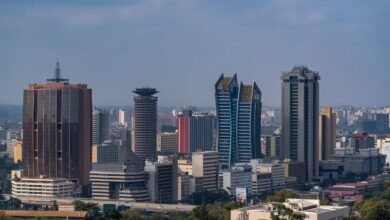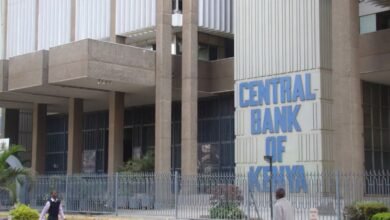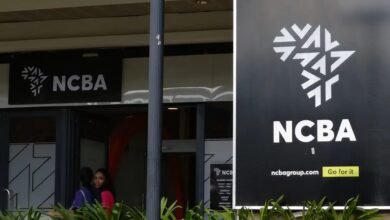
Nigeria, Africa’s largest economy, is now allowing bureaux de change to publicly display the naira exchange rates on their websites – a step to address its long-standing foreign exchange crisis.
This measure is part of the country’s efforts to unify the official and unofficial rates of its currency, which have diverged in recent years.
The naira has been under pressure from low oil prices, dwindling foreign reserves, and a huge backlog of dollar demand from importers and foreign investors.
The central bank has tried to manage the exchange rate by imposing various restrictions and controls, but this has only fueled the parallel market, where the naira trades at a much weaker rate than the official one.
The Association of Bureaux de Change Operators of Nigeria (ABCON) announced on Monday that it had received approval from the Economic and Financial Crimes Commission (EFCC) to publish the naira rates on its website and other online platforms.
It would enhance transparency, competitiveness, and price discovery in the foreign exchange market, and challenge the dominance of the parallel market.
“This is a welcome development that will boost the confidence of our members and the general public in the foreign exchange market,” said Aminu Gwadabe, the president of ABCON, in a statement.
“It will also reduce the information asymmetry that has been a major challenge in the market.”
The decision to open up the forex market is in line with the reforms initiated by President Bola Tinubu, who took office in May 2023 after defeating incumbent Muhammadu Buhari.
Tinubu has pledged to liberalize the economy and attract foreign investment by easing the currency regime and clearing the dollar backlog.
In June 2023, the central bank announced that it would adopt a flexible exchange rate system, allowing the naira to be determined by market forces.
The move briefly narrowed the gap between the official and unofficial rates, but the naira soon resumed its downward slide as dollar supply remained tight and demand surged.
The central bank has also taken measures to crack down on currency speculators and illegal dealers, who have been accused of manipulating the naira and undermining the official market. The bank has warned that anyone caught trading foreign currency on the street or online would face severe sanctions, including arrest and prosecution.
Analysts say this could also pave the way for the convergence of the multiple exchange rates in the country, which has been a major demand of the International Monetary Fund (IMF) and other multilateral agencies.
“The public display of the naira rates by the bureaux de change will increase the visibility and accessibility of the official market, and reduce the reliance on the parallel market,” said Oluwaseun Oyinloye, an economist at Lagos-based FSDH Merchant Bank.
“This will also enhance the credibility and transparency of the exchange rate policy, and boost investor confidence in the economy.”
However, Oyinloye cautioned that the success of the policy would depend on the availability and affordability of foreign exchange for the bureaux de change, as well as the enforcement of the regulatory framework by the authorities.
He said the central bank should ensure that the bureaux de change have adequate access to foreign exchange at competitive rates, and that the EFCC should monitor and sanction any violations of the rules.
“The bureaux de change play a vital role in the forex market, especially for retail and small-scale transactions. They should be supported and regulated to ensure that they operate in a fair and orderly manner, and contribute to the stability of the naira,” he said.
It, however, remains to be seen whether The latest move to allow bureaux de change to post their rates online would improving the liquidity and efficiency of the forex market, and ultimately stabilizing the naira.






I don’t think the title of your article matches the content lol. Just kidding, mainly because I had some doubts after reading the article.
Thank you for your sharing. I am worried that I lack creative ideas. It is your article that makes me full of hope. Thank you. But, I have a question, can you help me?
Thanks for sharing. I read many of your blog posts, cool, your blog is very good.